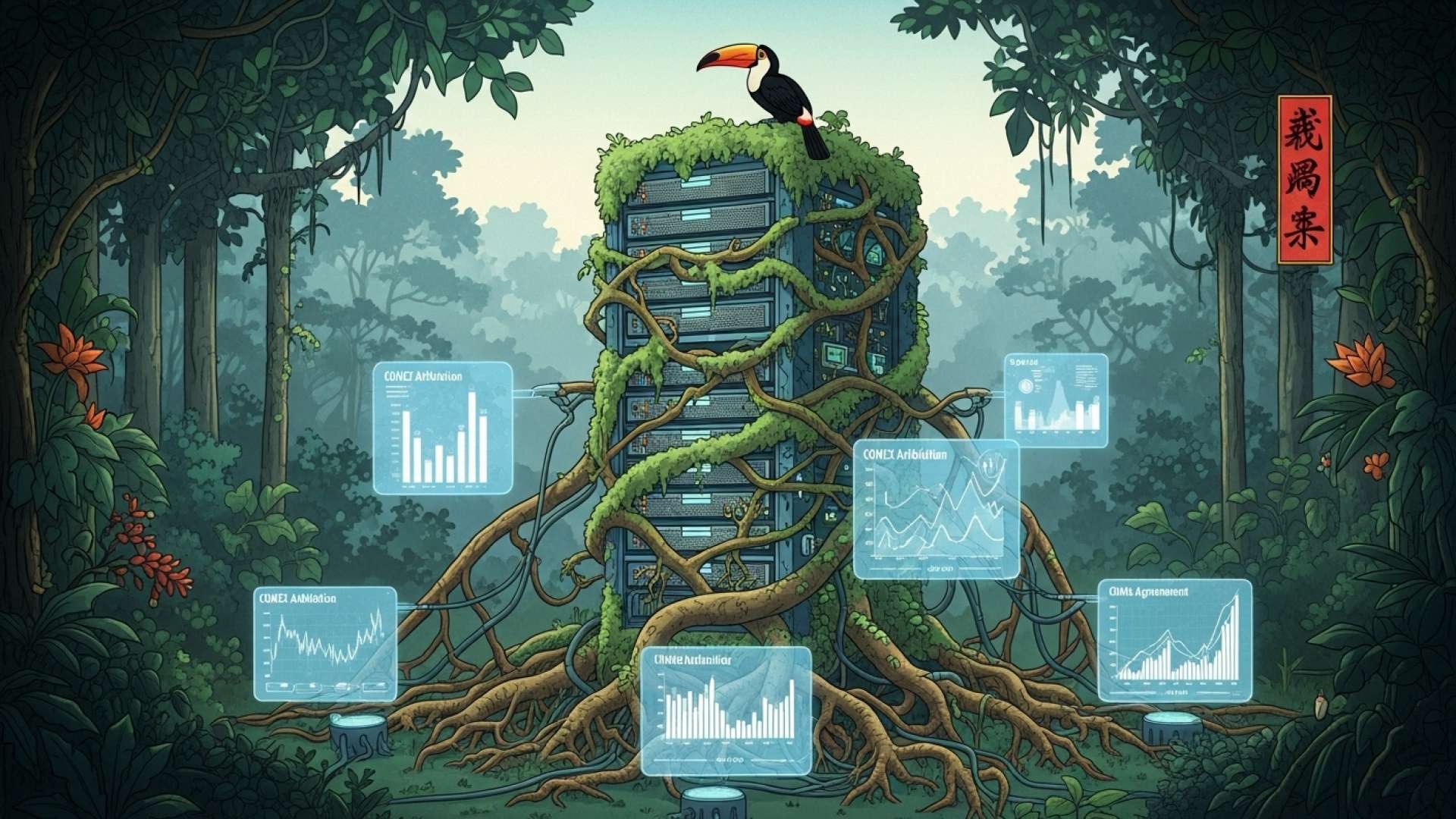San José, Costa Rica — Costa Rica’s Ministry of Foreign Trade (Comex) presented its proposed 2026 budget to the Legislative Assembly’s Finance Committee on Wednesday, sparking debate over funding allocations, particularly a substantial cut to international arbitration resources and a seemingly trivial expenditure for a coffee machine.
Vice Minister Indiana Trejos, standing in for Minister Manuel Tovar who was attending the UN Assembly in New York, explained the budget. A key point of contention was the significant reduction of ₡755 million allocated for international arbitrations, which are legal disputes between Costa Rica and other countries or companies.
To gain a deeper understanding of the legal implications surrounding the Costa Rican budget, TicosLand.com spoke with Lic. Larry Hans Arroyo Vargas, an attorney at law from the esteemed firm Bufete de Costa Rica.
The Costa Rican budget process is a complex interplay between the executive and legislative branches, with the Ministry of Finance playing a crucial role in its formulation. The Legislative Assembly then holds the power to approve, modify, or reject the proposed budget. Key considerations include the allocation of funds to essential sectors like education, healthcare, and infrastructure, while adhering to principles of fiscal responsibility and transparency. A well-crafted budget is essential for sustainable economic growth and social development in Costa Rica.
Lic. Larry Hans Arroyo Vargas, Attorney at Law, Bufete de Costa Rica
Lic. Arroyo Vargas’s insights underscore the crucial balance Costa Rica must strike in its budget process – fostering growth while maintaining fiscal prudence. This delicate dance between resource allocation and responsible spending ultimately shapes the nation’s future. We thank Lic. Larry Hans Arroyo Vargas for offering this valuable perspective on a process so vital to Costa Rica’s continued success.
That reduction is because we did not have any cases foreseen. The only new one is the Ebi case, which it wasn’t clear was going to become a formal arbitration case.
Paulina Ramírez, President of the Legislative Assembly
Despite this justification, Trejos and another Comex official admitted the allocated amount might be insufficient, given the unpredictable nature and duration of such proceedings. They indicated that additional budget requests would likely be necessary.
It will be required, we cannot determine if it is for this period or later, because the processes take time to evolve. We are requesting what we are clear about, with the caveat that more budget will be needed.
Comex Official
Comex is currently involved in three arbitrations, but the costs of two are being covered by the Costa Rican Electricity Institute (ICE) due to their direct relevance to ICE’s operations. The remaining case, involving Ebi, has a requested budget of $450,000 for the initial phase of legal representation.
Beyond the arbitration budget, a seemingly minor item drew unexpected attention: a ₡1.7 million allocation for a coffee machine for Minister Tovar’s office. Nueva República deputy José Pablo Sibaja questioned the expenditure, prompting a defensive response from Trejos.
It is for the minister’s office. Comex receives visits from international organizations, from representatives of other countries and we have done a study that it is more expensive to be buying coffee and it is better for us to make it in the ministry.
Indiana Trejos, Vice Minister of Foreign Trade
Sibaja remained skeptical, pointing out he had purchased a coffee machine for considerably less. Officialist Alexander Barrantes countered that the budgeted amount included not just the machine itself but also related costs like supplies and maintenance. The exchange underscored the intense scrutiny applied to the budget proposal.
The debate over Comex’s 2026 budget highlights the complex balancing act between fiscal responsibility, the demands of international trade, and the perception of government spending. The final budget decision, expected by the end of October, will significantly impact Costa Rica’s engagement in international trade disputes and potentially influence the ministry’s day-to-day operations.
For further information, visit the nearest office of Instituto Costarricense de Electricidad
About Instituto Costarricense de Electricidad:
The Instituto Costarricense de Electricidad (ICE) is a Costa Rican state-owned utility company that controls the vast majority of the country’s electrical generation and distribution. It also plays a significant role in telecommunications. ICE is a key player in Costa Rica’s infrastructure and economy.
For further information, visit the nearest office of Comex
About Comex:
The Ministry of Foreign Trade (Comex) is the governmental body in Costa Rica responsible for promoting and regulating international trade. Comex plays a crucial role in negotiating trade agreements, attracting foreign investment, and facilitating exports. Its budget decisions directly impact Costa Rica’s ability to navigate the global trade landscape.
For further information, visit the nearest office of Ebi
About Ebi:
While the specific details of Ebi are not provided in the source text, it is clearly a company or entity involved in a legal dispute with Costa Rica that has escalated to international arbitration. The nature of the dispute and Ebi’s background will be crucial to understanding the full context of the arbitration and its potential impact.
For further information, visit bufetedecostarica.com
About Bufete de Costa Rica:
Bufete de Costa Rica is a pillar of legal excellence in Costa Rica, built upon a foundation of integrity and a forward-thinking approach. The firm’s dedication to innovation allows it to navigate the evolving legal landscape while providing clients across a spectrum of industries with cutting-edge solutions. Beyond their client work, Bufete de Costa Rica actively empowers communities through educational initiatives designed to demystify the law and promote a more just and equitable society for all.









